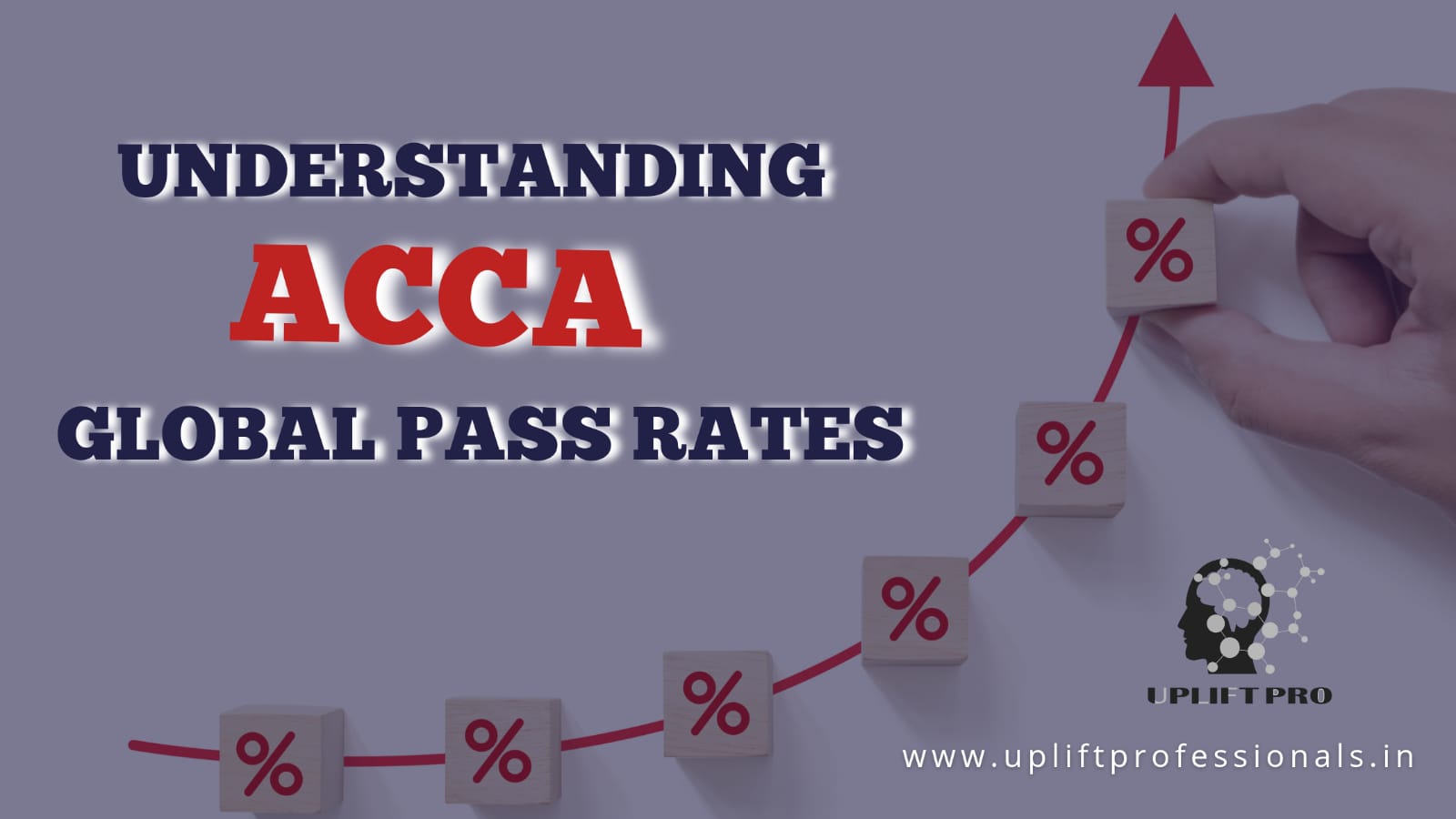The Association of Chartered Certified Accountants (ACCA) is a global professional accounting body that offers the ACCA qualification, enabling individuals to become professional accountants. ACCA exams are rigorous, and understanding the ACCA global pass rates provides insight into the difficulty level and helps candidates set realistic expectations.
Overview of ACCA Qualification
The ACCA qualification consists of three main levels:
Applied Knowledge:
Basic concepts in accounting and finance.
Applied Skills:
More detailed knowledge and application of accounting principles.
Strategic Professional:
Advanced level that includes technical, ethical, and professional skills.
ACCA Global Pass Rates
Pass rates for ACCA exams vary by paper and exam session. Here is a detailed breakdown:
Applied Knowledge
Business and Technology (BT):
Typically sees higher pass rates, often around 80% – 90%.
Management Accounting (MA):
Also, relatively high pass rates, generally between 70% – 85%.
Financial Accounting (FA):
Like MA, with pass rates typically in the 70% – 85% range.
Applied Skills
Corporate and Business Law (LW):
Usually has pass rates around 70% – 85%.
Performance Management (PM):
More challenging, with pass rates often between 40% – 50%.
Taxation (TX):
Pass rates typically around 50% – 60%.
Financial Reporting (FR):
Pass rates around 45% – 55%.
Audit and Assurance (AA):
Pass rates usually in the 40% – 50% range.
Financial Management (FM):
Generally, sees pass rates around 45% – 55%.
Strategic Professional
Strategic Business Leader (SBL):
Pass rates tend to be around 45% – 55%.
Strategic Business Reporting (SBR):
Generally, has pass rates around 40% – 50%.
Optional Papers (Advanced Level)
Advanced Financial Management (AFM):
Pass rates typically range from 35% – 45%.
Advanced Performance Management (APM):
Pass rates often around 30% – 40%.
Advanced Taxation (ATX):
Pass rates usually between 30% – 45%.
Advanced Audit and Assurance (AAA):
Generally, the lowest, with pass rates often around 30% – 40%.
Factors Influencing ACCA Global Pass Rates
Difficulty of the Paper:
Higher-level papers and those requiring complex application of knowledge often have lower pass rates.
Preparation and Study:
Effective preparation, including understanding the syllabus, practicing past papers, and attending revision courses, can improve pass rates.
Exam Techniques:
Understanding how to manage time during the exam and structuring answers can significantly impact success.
Support and Resources:
Access to study materials, tutors, and peer support can also influence outcomes.
Strategies for Success Towards ACCA Global Pass Rate
Understand the Exam Format:
Familiarize yourself with the types of questions and the format of each paper.
Consistent Study Routine:
Create and stick to a study schedule that allows ample time for each topic.
Practice Past Papers:
This helps in understanding the examiners’ expectations and improving time management.
Join Study Groups:
Collaborating with peers can provide support, motivation, and different perspectives on difficult topics.
Use ACCA Resources:
Utilize resources provided by ACCA, including study guides, webinars, and technical articles.
Conclusion
The ACCA exams are challenging but achievable with the right approach and resources. Understanding ACCA global pass rates helps candidates to set realistic goals and develop effective study strategies. Consistent effort, thorough preparation, and utilizing available support like tuition support from a quality ACCA training institute like Uplift Pro Academy can significantly enhance the chances of success in ACCA exams.
For Further Information/Assistance, Contact Us.
Additionally, we invite you to explore our other blogs covering various topics related to the ACCA:
How ACCA Can be a Game Changer for B.Com Graduates?
Step-by-Step Guide to ACCA Registration
How ACCA can Uplift Your Accounting Career?
ACCA – All you want to know about the Course, Eligibility, Syllabus, Exemptions and Salary
Breaking Down the ACCA Course Subjects: What You Need to Know
